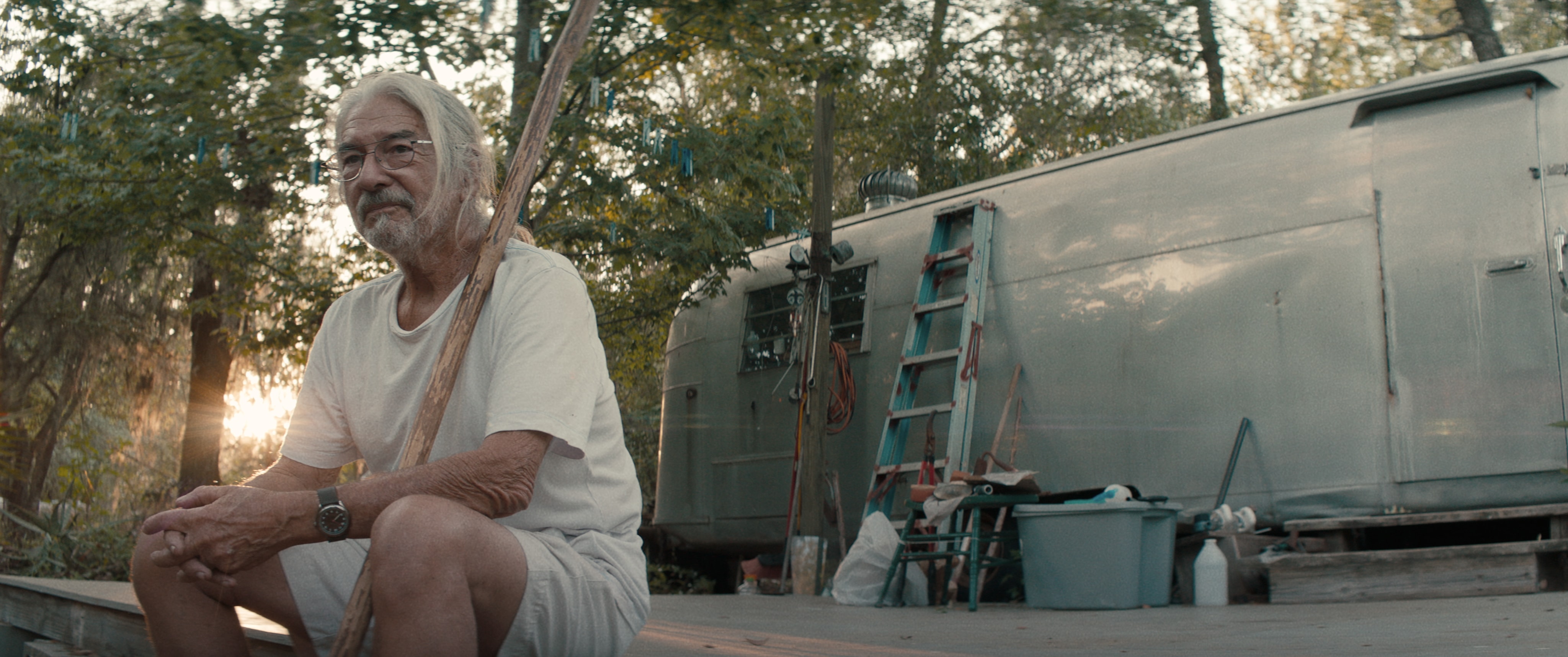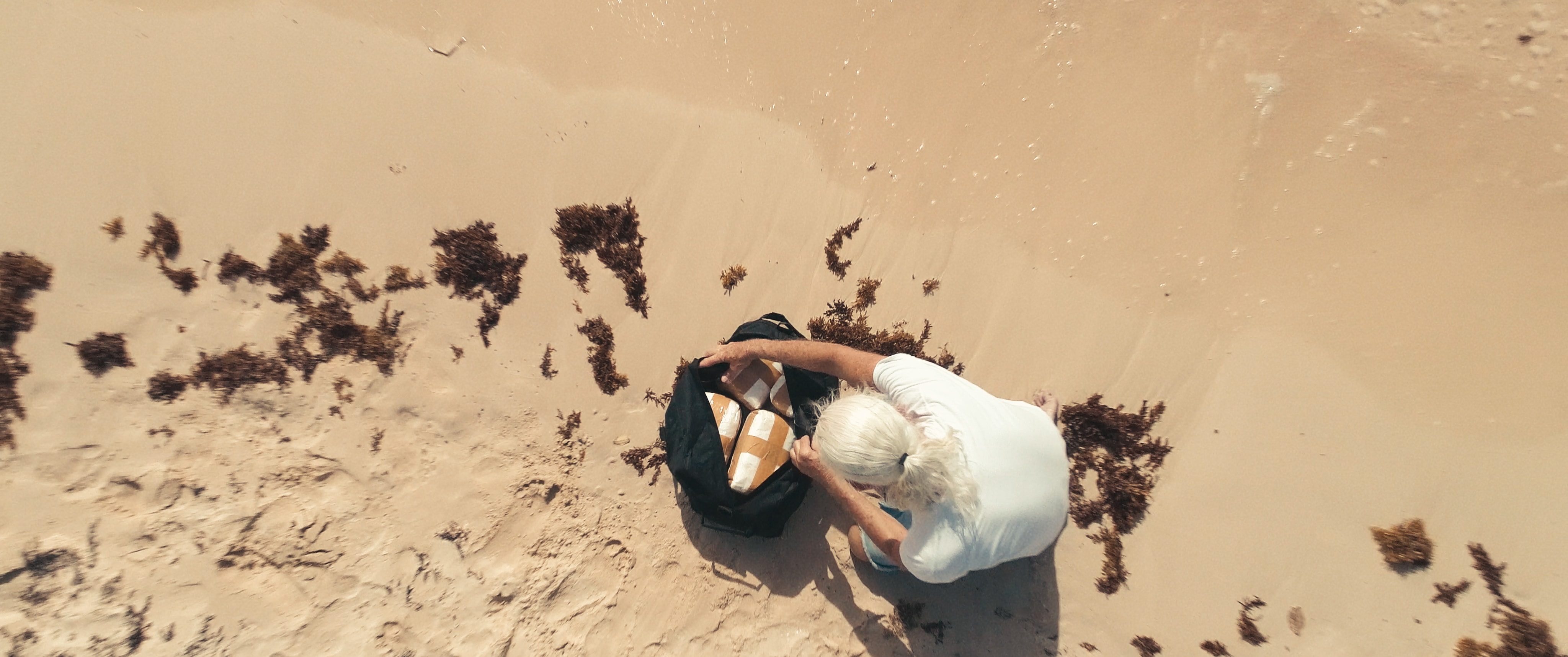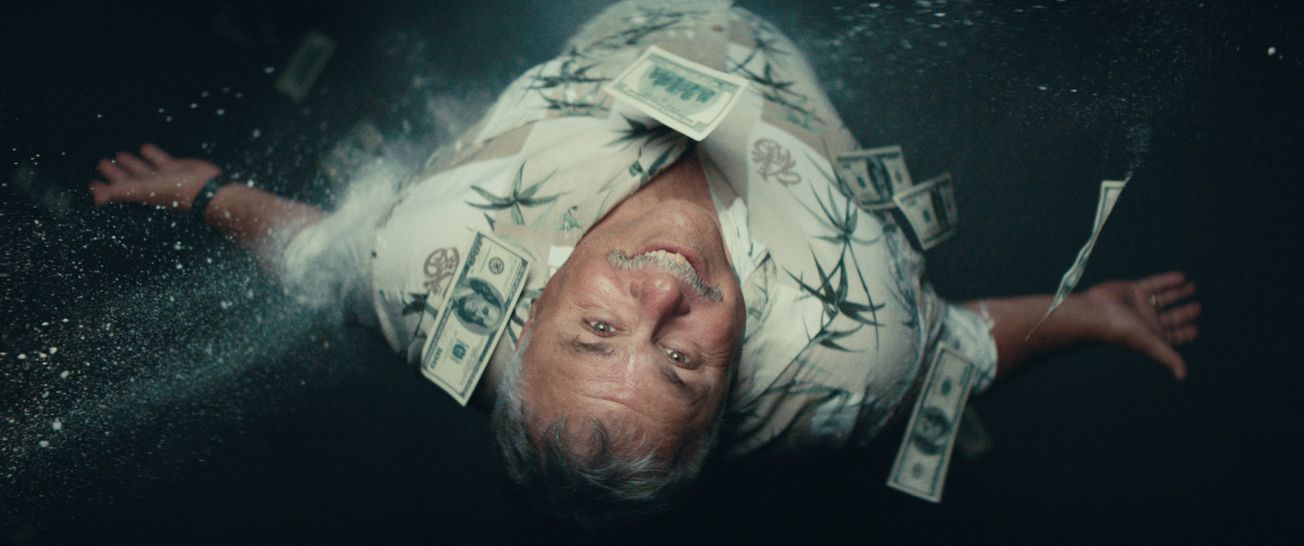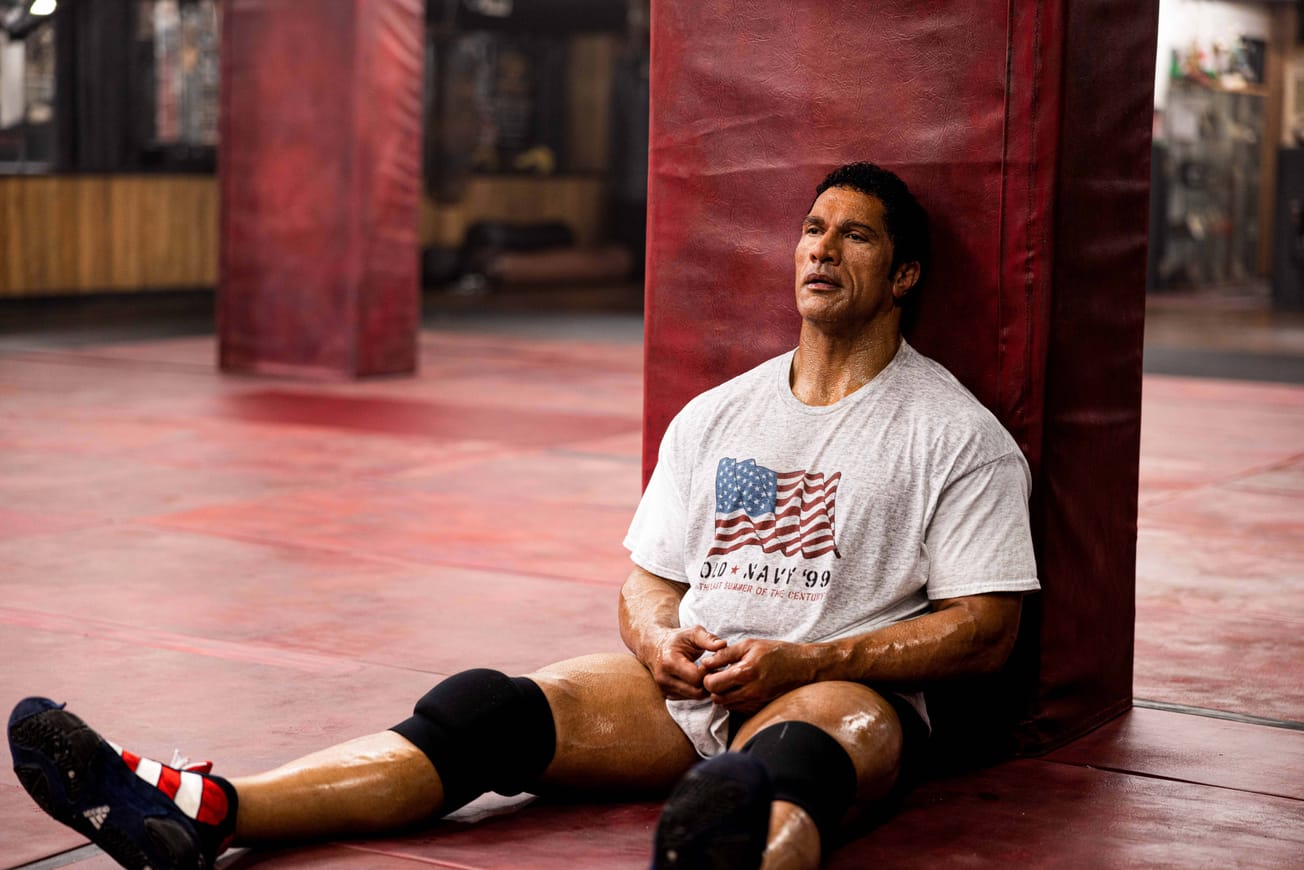By Leah Martindale, Third Year, Film & TV
The latest Netflix documentary is another wild true story told in a gripping way. Its one flaw, however, is not noting the unfair disparity of sentences given to two of those involved.
The Legend of Cocaine Island has the potential to entirely redefine what we think a documentary must be. Shot more like a blockbuster than a blow-by-blow account (pardon the pun), the film joins Fyre: The Greatest Party That Never Happened (2019) in a new subsection of high production-quality Netflix documentaries, and one-ups it in the sheer fantastical nature of its plot. You read that right, this plot is crazier than Fyre.
The plot follows Rodney Hyden, a previously wealthy Floridian who, after the 2008 recession landed him in more than $1million debt, in 2012 embarked on a cross-country odyssey in hot pursuit of a fabled 32kg of cocaine buried on a Puerto Rican island. The tale is told through the ages by a barefoot, forest man who purportedly found the cocaine washed up on the beach, and after days of hiding it, buried it in the hard ground. The entire plot seems entirely impossible, which makes it actually working even more shocking and exciting.
YouTube / Netflix
Hyden’s wild naivety is realised with the expertise of his drug-addled sidekick and local criminal, Andy ‘The Cuban’, for advice, and ‘Carlos’, a Scarface (1983) extra with a plane. All of this is interspersed with shots of Hyden’s neighbours, daughter, and wife who, as Fiona Kelly described in her review for buzz.ie, ‘spends the majority of her screen time crying because she had to give up a her [sic] mansion to go live in a normal-sized house when the family business was hit by the 2008 recession. Cue much wailing and snots over not having a boat anymore.’
The documentary relies heavily on dramatic reconstructions, interspersed with glossy aerial shots and talking-head, classic documentary shots. The cast features a Dickensian array of people, equal parts the actual human counterparts to the dramatic tale and skillful actors and stunt performers. The documentary opens on an interview with the dangerously drug addicted Andy, friend of the protagonist, a dramatic James Bond-esque opening sequence, and dark marching band performance sequence reminiscent aesthetically of The Fits (2015) and Us (2019).

Photo courtesy of Netflix
Director-producer-editor Theo Love opens on a strong cinematic foot and continues throughout to delve further into movie magic than we are acquainted in a standard documentary. With a clear eye for the cinematic and a refusal to fall to the ‘boring’ written in invisible ink under the word ‘documentary’, The Legend of Cocaine Island follows documentaries such as Ilha das Flores (1989) in its bizarre reimagining of the genre, and Love references the Coen Brothers as influences to the aesthetic.
Receiving generally good reviews, described by The Hindustan Times aptly as ‘The best Netflix documentary since Fyre; like Breaking Bad with idiots’, The Legend of Cocaine Island plays up to every ‘Florida man’ meme circulating the internet. Hyden is the ultimate stereotypical Floridian, with insane plans that somehow, beyond all logic, come to fruition.
As a kid who always just wanted to go searching for treasure, The Legend of Cocaine Island on @netflix makes me think, man I’m glad my parents forced me into sports and school.
— Josh Macuga (@JoshMacuga) April 6, 2019
SPOILER ALERT
Spoilers abound from this sentence onwards, as unfortunately Hyden’s story is not one of cocaine fuelled riches and a lap of luxury. Carlos, the mysterious pilot turned drug-smuggler, as he is referred to by all-over shady character Cuban, is revealed to be an undercover sting Homeland Security officer, given the information about Hyden in exchange for a shortened sentence. Instead of simply heading out, finding the miraculously still-there cocaine, and confiscating it, the officers set up Hyden to take the fall. Immediately after receiving the cocaine, Hyden is surrounded by undercover police officers and taken into custody.
Initially charged with years, the judge uses a ‘get out’ clause to instead sentence Hyden to only 60 days in prison and 20 years probation. While this may seem a fair response to a first-time offender’s wild dreams actually, somehow, paying off, this is where the documentary wastes an opportunity for crucial introspection into the American legal system.
While Rodney’s set-up is debatably unfair - the poor man had no hope of even finding the cocaine without the police - his potential sentence in comparison to Cuban’s says a lot about the inherent bias of the legal system. While Rodney was anticipating years for $2million of cocaine, Cuban faced a similar charge for just over a hundred oxycontin tablets. Despite being a multiple offender - thanks to a system I do not have the word count to get into - the comparative sentences for worlds-apart crimes is at the least unfair, and at the most an embodiment of the system’s classist and racist objectives.

Photo courtesy of Netflix
The documentary’s failure to address this disparity, besides moments where Cuban is positioned as the villain for saving his own skin, is its only shortfall. Hyden is the protagonist, of course, but a crime documentary can hardly ignore the greater forces at play without seeming ignorant. Overall, The Legend of Cocaine Island is an exciting watch that lacks on a wider scale but delivers the gut-punches and gasps you never expected from a documentary.
Featured Image courtesy of Netflix
How does Cocaine Island compare to Fyre in the category of Netflix sensational documentaries?
Facebook // Epigram Film & TV // Twitter









